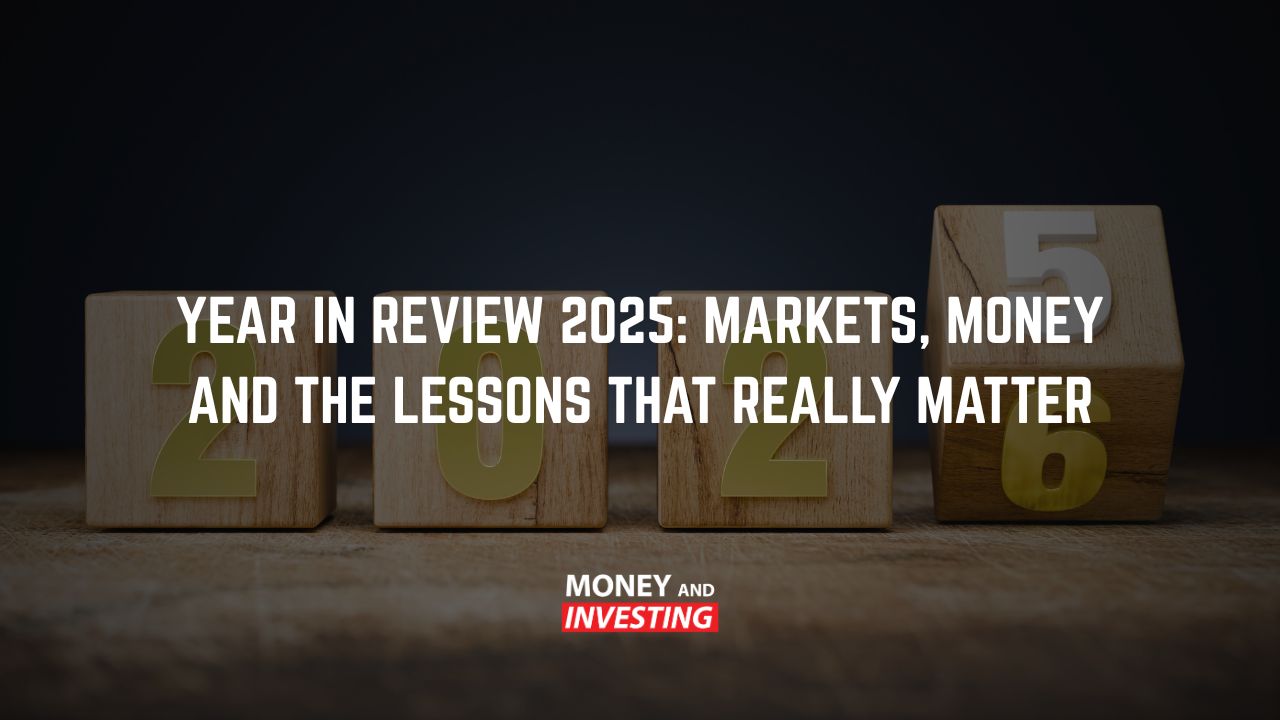Managed funds are always in the news with many Australians relying on their performance for their retirement. Have they been performing? What can change to make managed funds better for investors? Join us this week to find out:
What are Managed Funds
Managed funds are an investment option for those with a sum of money that they wish to be invested but they do not wish to manage it themselves. Host Andrew Baxter explains that a managed fund is simply handing over your cash to a fund manager who you then also pay to manage that money in the market. Typically, a managed fund will consist of an array of different shares and ETFs, looking for wide diversification. Managed funds come with their benefits such as being hands off and allowing someone to be active in the market without having to actually do the work themselves. The returns can be mixed, with many people seeing underperformance over the years but it is nevertheless an option for investors.
The Bias of Managed Funds
There are some potential biases that can come into play for fund managers when bringing new clients onboard. Not all fund managers would behave the same way, however it is a possible downfall of managed funds. The key thing to remember about managed funds is that fund managers are bound to sell their own products to prospective clients. Host Andrew Baxter points out that if you were to go to AMP for example, and say you wanted to invest in the ASX, they would then refer you to their own ASX fund product which is managed by their own team without referring you to other funds from other companies that may have a track record of better performance. This is a factor to consider if you are in the market for a new managed fund.
The Benefits of Managed Funds
Though there are some shortcomings associated with managed funds, there are some significant advantages from using them as an investment vehicle. A common annoyance and expense for those managing their own portfolios is having to view reports and manually calculate relevant figures come tax times. Host Andrew Baxter explains that managed funds do all of this legwork for you which can make tax time much simpler while also possibly reducing your costs when it comes to your accountant in getting your tax bill settled. Likewise, the simple reporting process allows you to track performance quite easily and this transparency can help you with future investment decisions or potential changes from your managed fund.
Hedge Funds vs Managed Funds
Laypeople can find it difficult to distinguish between hedge funds and managed funds. Managed funds are typically pooled assets which are allocated into a portfolio of shares, with little variety of investment strategies being used. Hedge funds involve more complex asset classes while also incorporating a wider variety of investment strategies that again, may increase in complexity. The greater complexity presents greater risks while also allowing for potentially greater returns. The higher complexity can also make them a little bit more exclusive and you may need to be accredited in order to invest money in a hedge fund.
The Performance of Managed Funds
The performance of managed funds in Australia have been in the spotlight over the last couple of years. Host Andrew Baxter notes that 80% of managed funds for the ASX have underperformed the index over a 5 year period. Even for the experts who manage these funds, selecting particular stocks to try to outperform is very difficult and even a couple of bad calls can significantly hurt the performance of a fund. Managed funds can also be hurt quite badly by changing economic conditions. In period of high inflation, managers may look to make some changes to their portfolio but this can be a slow process. If this hurts the portfolio in terms of returns, then you may find you have poor performance matched with decreasing buying power of the money in the account which on the balance, may have a large impact on returns in the long term.
ETFs as an Alternative
ETFs provide every day people with the chance to exposure to a diversified portfolio, much like a managed fund, albeit without having to pay the sort of fees typical of a managed fund. Host Andrew Baxter has been largely trading ETFs for the last few years in particular and explains that although it is fairly simple, investors are still forced to make their own investment decisions. Many do not want to do this, hence they utilise managed funds, but it may be worth getting educated and becoming equipped to make your own investment decisions and getting involved in the ETF space.



